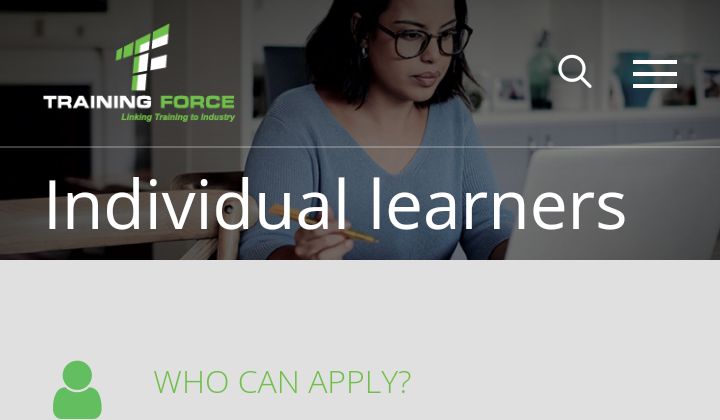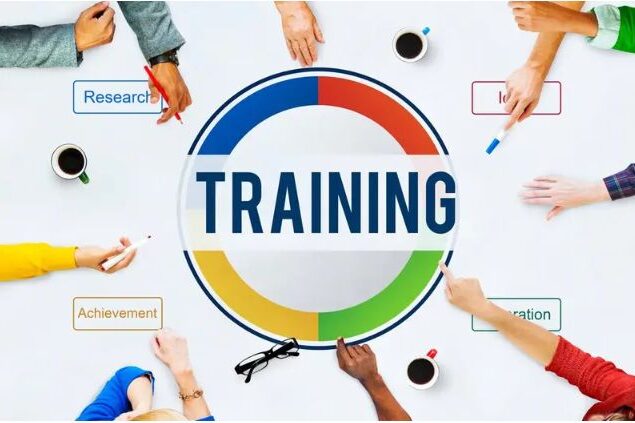
A Workforce Training Learnership job overview focuses on learning a specific trade, skill, or industry, allowing individuals to gain both theoretical knowledge and practical experience. Here’s a more detailed look at the job duties, requirements, and responsibilities involved.
Learnership Overview
Participants in a Workforce Training Learnership gain practical, industry-relevant skills, often in fields such as business administration, project management, information technology, retail, finance, or trades (e.g., plumbing, electrical work). These programs combine on-the-job training with structured learning modules, resulting in an NQF-recognized qualification upon completion.
Duties and Responsibilities
The duties in a Workforce Training Learnership may vary depending on the industry and qualification level, but general responsibilities include:
- Attending Training Sessions:
Participate in both theoretical and practical training sessions organized by the learnership provider.
Engage in classroom activities, workshops, and seminars that provide foundational knowledge.
- Applying Theory to Practice:
Implement theoretical knowledge in real-world work settings.
Work under supervision on tasks specific to the industry, such as project management, customer service, office administration, or technical support, depending on the learnership.
- Workplace Responsibilities:
Complete assigned tasks, which may include data entry, handling customer inquiries, preparing reports, managing inventory, or assisting with projects.
Follow company policies, maintain records, and submit work for evaluation.
- Reporting and Assessments:
Maintain a log of completed tasks and report regularly to a mentor or supervisor.
Participate in assessments and evaluations conducted by both the employer and the training provider to measure learning progress.
- Adhering to Health and Safety Standards:
Follow workplace safety protocols and procedures.
Participate in health and safety training as required by the employer.
Job Requirements
- Educational Requirements:
Minimum educational requirements vary; many learnerships require a Grade 12 (Matric) certificate, while some may only require Grade 9 or 10.
Specific learnerships, especially in technical fields, may require basic skills in mathematics, science, or technology.
- Age and Nationality:
Typically, participants should be between the ages of 18 and 35.
Applicants should be South African citizens to qualify for many learnerships funded by SETAs.
- Basic Skills:
Basic literacy and numeracy skills.
Good communication skills and a willingness to learn.
Some learnerships may require computer literacy or specific technical skills.
- Personal Attributes:
Strong work ethic and willingness to engage in both learning and practical tasks.
Ability to work independently, as well as part of a team.
Time management skills and reliability.
- Legal Requirements:
Most applicants should be unemployed when applying for a learnership to be eligible for SETA-sponsored programs.
Participants must commit to the full duration of the program and comply with attendance and performance expectations.
Career Benefits of a Learnership
Skills Development: Gain valuable skills that improve employability in the chosen field.
Formal Qualification: Complete the Opportunities its a recognized NQF qualification, enhancing job prospects.
Networking: Connect with industry professioAnals and potential emK
Career Advancement: Many graduated from oppmove into full-time roles, as the learnership provides the foundational skills required in various industries.
For those interested in applying, Workforce Training Learnerships are offered through SETAs and training providers across South Africa.

Leave a Reply